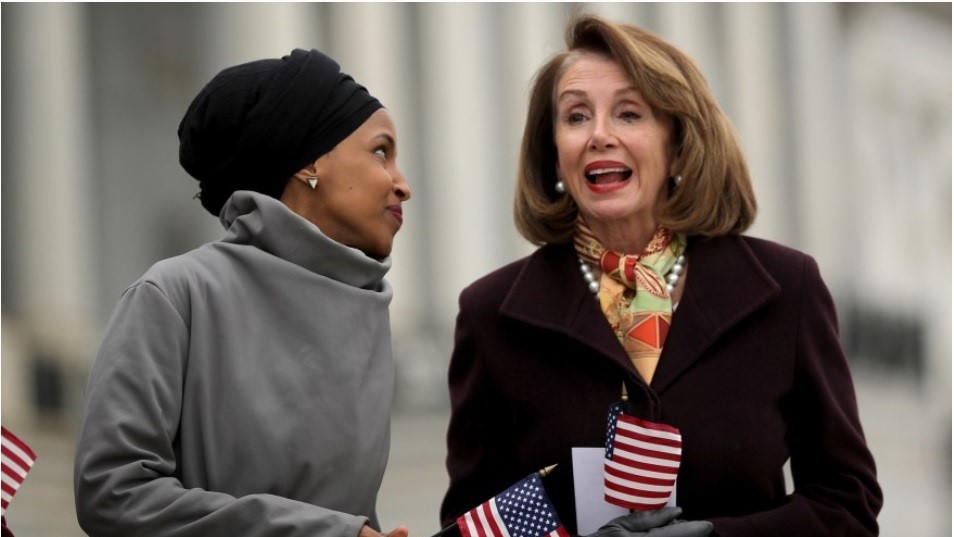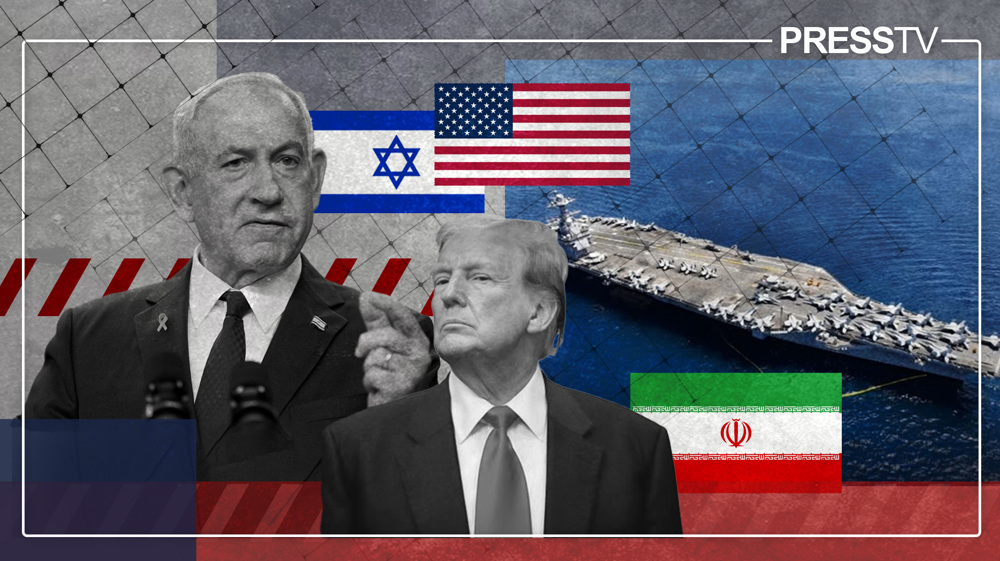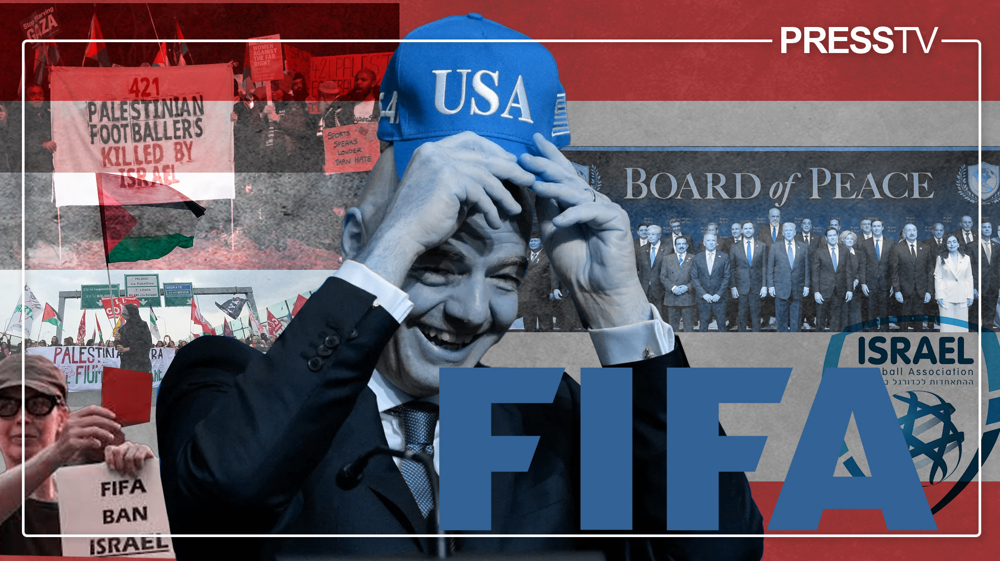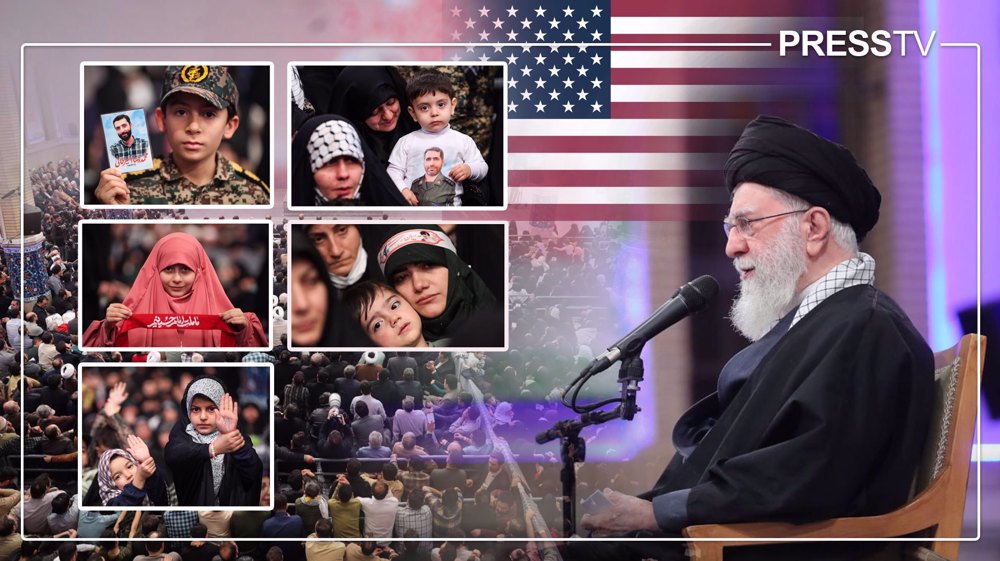Iranian hybrid diplomacy vs imperial hybrid warfare
By David Macilwain
Independent observer and writer
Amongst the baffling array of political and military contests currently playing out around the world, the long-running hybrid war on Iran has slipped from the front pages, but not I think from the “to-do” list of the Imperial powers and their slavish European allies. Their agenda with Iran remains steadfastly malicious and subversive and along the lines of “if we can’t have you, we’ll wreck you.” This continues to be the West’s method in Syria, where the almost inevitable prospect of Bashar al Assad’s democratic re-election later this month is provoking all sorts of desperate strategies and a torrent of criminally perverse disinformation from leading Western media. Even positive developments must be treated with extreme caution, such as the Human Rights Watch’s report on Israeli Apartheid, or the recent Saudi overtures to Damascus.
The sheer depravity of the NATO powers who have spent ten years grinding Syria down, yet continue to do so with undiminished callousness, even as they see no chance of ever achieving their goal of regime change in Damascus, must be a warning to Tehran – if one was necessary. Even as the Atlantic Alliance seems to be surging ahead, with constant self-promotion and pomposity, it becomes less and less effective against its global rivals – Russia, China and Iran. The danger is that frustration at its failing abilities to stop the shift of power eastwards will cause it to resort to reckless stratagems and provocations.
This was beautifully spelt out in a recent interview with ex-MI6 agent and diplomat Alastair Crooke by RT’s Afshin Rattansi. In his view it is too late for the US to stop the development of a major strategic, political and economic alliance between those three great powers, who have been driven together by their Western opponents. Iran may be the physically minor partner in this triad, without a nuclear deterrent, but as Crooke points out it lies at a crucial crossing point between East and West, on the New Silk Road. Culturally and civilizationally Iran is of course an equal partner to its powerful allies.
The development of this partnership was recently symbolized by a number of meetings of ministers following the game-changing Alaska meeting between the US and China. Western media found all sorts of ways to downplay the significance of China’s presentation there following the initial shock, while US Secretary of State Anthony Blinken rapidly resumed his diplomatic and confident persona, and now behaves as if nothing had happened. By repeating the list of demands and accusations against China at the G7, where it was parroted by the NATO allies, and pronouncing adherence to the “international rules-based order,” America now stands tall again – though only in the minds of its blinkered subjects.
At the same time America’s Five Eyes partners Australia and Canada are showing distinct signs of reckless and provocative behavior in pursuit of the US agenda, but against their own best interests. In Australia’s case this is mostly directed at China, and has become so unhinged that China’s Foreign Ministry declared our officials “insane.” This was probably an understatement, given the usually moderate and diplomatic language China prefers and its reluctance to take a stand on international affairs and conflicts. And if it weren’t for China’s dependence on Australia’s iron ore, that is also now Australia’s biggest source of export income following the cancelling of the Chinese market for other products, we would soon understand what they mean. Despite only suffering a minimal epidemic of the Virus, the government has mortgaged the economy as if it were the plague, and one feels the apparent recovery may be floating on a bubble of over-confidence ready to be pricked.
It is also fast becoming clear that Australia has turned itself back into a prison colony in its drive to keep the country free of Coronavirus – by risking nothing we now are frightened of everything, going into national paralysis every time there is a case of infection reported outside hotel quarantine. The intersection between the virus and our international relations – particularly with China, which we collectively blame for the pandemic without a shred of evidence – is acute, with each crisis feeding off the other.
The recent, extraordinary and unprecedented move by the Federal Government to cancel Victoria’s commitments to China’s Belt and Road Initiative served no conceivable purpose other than to aggravate China, and it certainly had that effect. As the only such agreement in Australia, it had long annoyed the Sinophobes in Canberra, and now at last they found an excuse to stop the collaboration – or at least an excuse that the well-tutored public will believe; the “Chinese Communist Party” is infiltrating our institutions and businesses in its relentless drive to take over the world! And combined with the endless repetition of stories about the “slave labor camps” in Xinjiang and the supposed Chinese threat to Taiwan and the South China Sea, the public does believe it.
In reality Australia is completely infiltrated by the US, UK and Israeli assets and interests, while the media are increasingly corralled into a single camp by those countries’ control over leading news organizations and social media empires. It has become a simple job for them to control the narrative on significant events such that any dissenting opinion is made to look false or deluded; at the same time, affairs of little true significance or urgency are inflated to fill the void.
While the change in the White House has brought few improvements in international affairs, and in many areas resulted in deteriorating prospects of resolution, the widespread assumption and belief amongst Western liberals that getting rid of Trump would make everything better has blinded people to the reality: as far as real physical threats to global security are concerned, Biden and his cabal have launched us down a slippery slope on almost every front. This is the more so because of the simultaneous claim that stability and peace are the objective.
The indomitable Sergei Lavrov has the measure of it in this interview with the Director of Russia’s Segodnya TV, which can also be read here on the Foreign Ministry website. Reflecting on the duplicity, or “schizophrenia” in the US administration, Lavrov noted that White House spokesperson Jen Psaki had stated sanctions on Russia should remain, as they are having the desired effect, but that their objective is not to “escalate” relations with Russia. Given that the sanctions were imposed on the basis of fabricated and malicious claims about Russian interference and provocations, it would appear that their only objective is to create and escalate tensions with Russia, and Psaki is merely covering one lie up with another.
This official schizophrenia appears to be the mark of the new US administration and its hybrid war on the rest of the world. Gone are the explicit threats which punctuated Donald Trump’s “foreign policy,” and possibly his thought process, but which mostly failed to materialize. The assassination of Qassem Soleimani, albeit at the hands of Israel, was a tragic exception.
It’s in this vein that Biden’s alleged desire to restore the JCPOA should be considered, notwithstanding that such restoration is now clearly impossible. As with the sanctions on Russia, those on Iran were imposed on false pretexts by both Obama and Trump on behalf of Israel, so removing them would be to admit fault as well as abandoning their general strategic objective. The problem for both Russia and Iran is that the proclamations of honest intent from the US and its NATO allies are so pervasive and so persuasive that even some in the targeted countries give them credence.
And this is exactly as the narrative managers and strategists of NATO and the Five Eyes want it. Creating doubts and divisions amongst the adherents to the enemy camp weakens its resolve and resistance, when solidarity is vital and compromise can be a fatal trap. As Ayatollah Khamenei observed poetically in his recent public speech: “One should not talk in a way that causes foreigners’ remarks to occur to the mind.”
The same viewpoint was expressed by Sergei Lavrov in the Segodnya interview, when he was asked what he thought about those Russians who questioned whether Russian officials bore any responsibility for the failure of talks with the US. The implicit suggestion being that Russia should make concessions just to get some action on the sanctions and make their lives easier – at the expense of principle and national solidarity. It was, he said, a choice between a television set and a fridge!
The importance of solidarity both within and between the countries of the Resistance [Front] is clear and well understood, as also expressed by Russia’s Foreign Ministry spokesperson Maria Zakharova:
“We know very well all those who would like to manipulate ... them (Iran-Russia relations) to the detriment of Russia’s interests and its centuries-old ties with Iran. On the whole, we invariably rely on Tehran’s official stance that has been expressed more than once,” Zakharova told a news briefing on Thursday.
Zakharova made this statement following allegations that suggested differences in opinion in the Iranian leadership, which originated from a highly suspect source in the UK – a Saudi-backed Iranian radio station. This identity is sufficient not just to cast doubt on the allegations, but to identify them as just another part of the cyber-war on Iran, aiming to infiltrate and destabilize the country while also making its citizens believe their national unity is fracturing; it’s all about perceptions.
And with so many shifting sands and changing allegiances in the region, keeping focus on fundamentals is vital. Leopards might be able to hide their spots, but are too vain to do so for long; these days it’s best to stick with those you can trust.
The views expressed in this article do not necessarily reflect those of Press TV.
Vance says 'skeptic of military intervention' after progress in Iran talks
VIDEO | Third round of Iran-US nuclear talks concludes in Geneva
Geneva talks: Iran signals firm resolve, rejects US pressure, proceeds with cautious optimism
Iran urges Afghanistan, Pakistan to hold dialogue amid new escalation
US will suffer ‘massive losses’ in case of new war: Iraq's Kata’ib Hezbollah
Normalization increases cost of defeating Israel, Yemeni leader warns
Activists announce 'Freedom and Sumud Flotilla' to challenge Gaza blockade
VIDEO | Rome residents demand end to ties with Israeli firms










 This makes it easy to access the Press TV website
This makes it easy to access the Press TV website